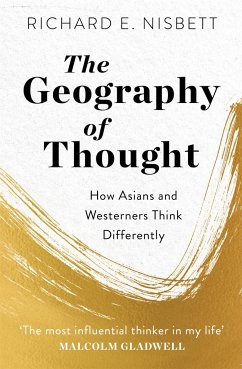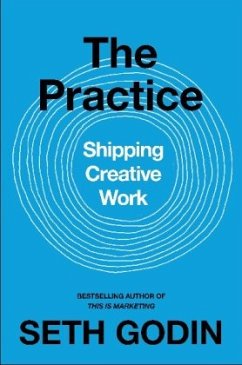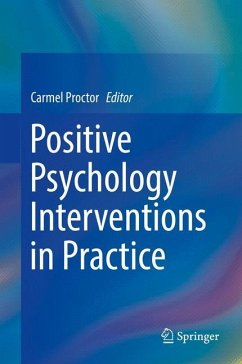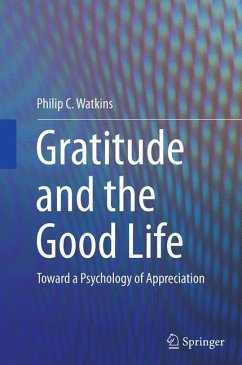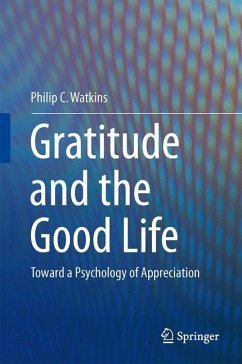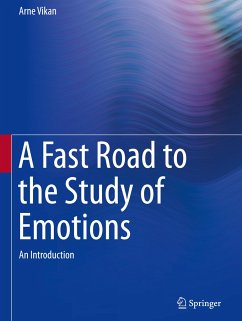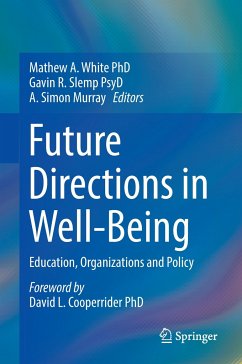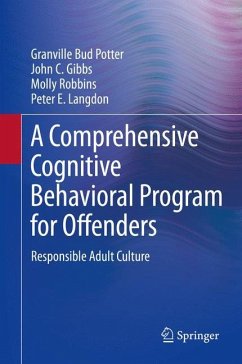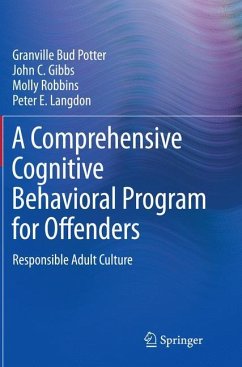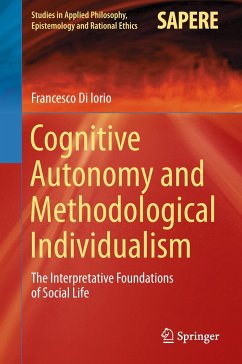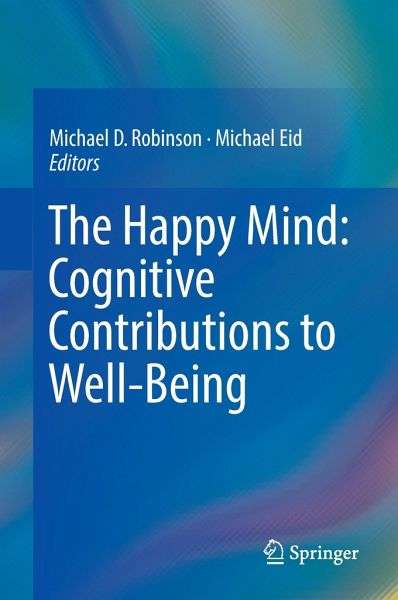
The Happy Mind: Cognitive Contributions to Well-Being

PAYBACK Punkte
76 °P sammeln!
This edited volume focuses on different views of happiness and well-being, considering constructs like meaning and spirituality in addition to the more standard constructs of positive emotion and life satisfaction. A premise of the volume is that being happy consists of more than having the right things happen to us; it also depends on how we interpret those events as well as what we are trying to achieve. Such considerations suggest that cognitive-emotional factors should play a fairly pronounced role in how happy we are. The present volume pursues these themes in the context of 25 chapters o...
This edited volume focuses on different views of happiness and well-being, considering constructs like meaning and spirituality in addition to the more standard constructs of positive emotion and life satisfaction. A premise of the volume is that being happy consists of more than having the right things happen to us; it also depends on how we interpret those events as well as what we are trying to achieve. Such considerations suggest that cognitive-emotional factors should play a fairly pronounced role in how happy we are. The present volume pursues these themes in the context of 25 chapters organized into 5 sections. The first section centers on cognitive variables such as attention and executive function, in addition to mindfulness. The second section considers important sources of positive cognition such as savoring and optimism and the third section focuses on self-regulatory contributions to well-being. Finally, social processes are covered in a fourth section and meaning-relatedprocesses are covered in the fifth. What results is a rich and diverse volume centering on the ways in which our minds can help or hinder our aspirations for happiness.





